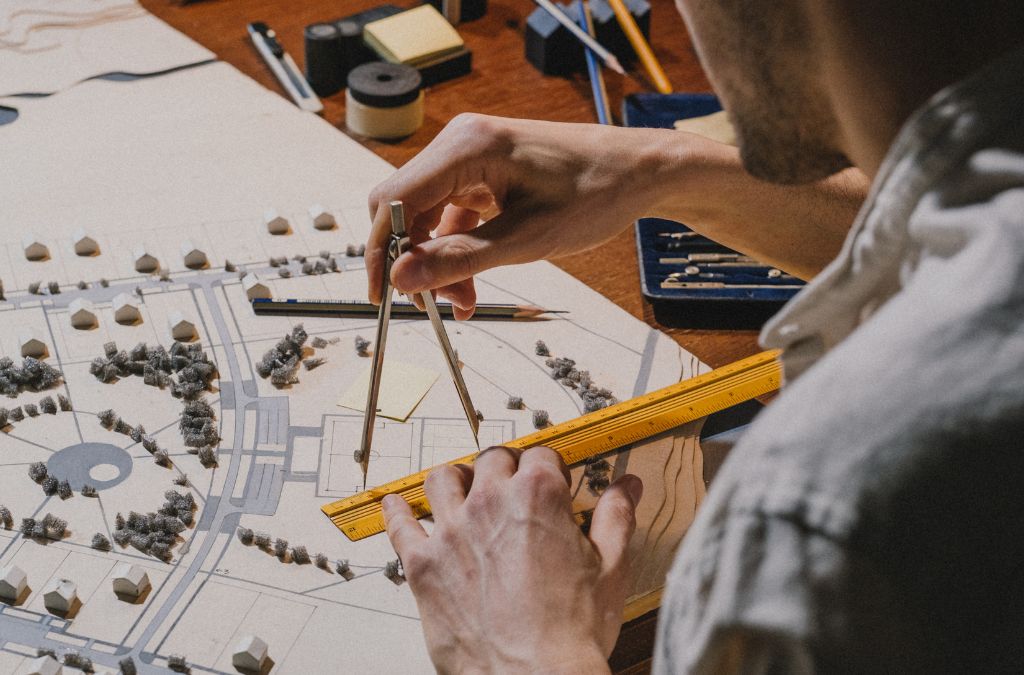
Right Architect
-
Table of Contents
- How to Choose the Right Architect for Your Project
- Understanding Your Project Needs
- Defining the Scope
- Setting a Budget
- Establishing a Timeline
- Researching Potential Architects
- Reviewing Portfolios
- Checking References
- Evaluating Experience and Expertise
- Conducting Interviews
- Assessing Communication Skills
- Evaluating Creativity
- Determining Compatibility
- Considering Practical Aspects
- Availability
- Fees and Contracts
- Services Offered
- Making Your Decision
- Trusting Your Instincts
- Finalizing the Agreement
- Conclusion
How to Choose the Right Architect for Your Project
Embarking on a construction or renovation project can be both exciting and daunting. One of the most significant decisions you’ll make is selecting the right architect. This professional will not only bring your vision to life but also ensure that the project runs smoothly from start to finish. This article provides a comprehensive guide to help you make an informed choice.
Understanding Your Project Needs
Before you start looking for an architect, it’s important to have a clear understanding of your project requirements. This includes the scope, budget, timeline, and specific design preferences. Knowing what you want will help you communicate effectively with potential architects and find someone who aligns with your vision.
Defining the Scope
Determine the size and complexity of your project. Are you planning a small renovation, a new home, or a large commercial building? The scope will influence the type of architect you need.
Setting a Budget
Establish a realistic budget for your project. This will not only guide your choice of architect but also help manage expectations throughout the process.
Establishing a Timeline
Consider the timeline for your project. Some architects may have longer lead times, so it’s important to find someone who can meet your schedule.
Researching Potential Architects
Once you have a clear understanding of your project needs, it’s time to start researching potential architects. This involves looking at their portfolios, checking references, and evaluating their experience and expertise.
Reviewing Portfolios
Examine the portfolios of different architects to get a sense of their style and capabilities. Look for projects similar to yours and assess the quality of their work.
Checking References
Ask for references from previous clients and follow up with them. Inquire about their experience working with the architect, the quality of the work, and any challenges they faced.
Evaluating Experience and Expertise
Consider the architect’s experience and expertise in your specific type of project. An architect with a strong background in residential design may not be the best fit for a commercial project, and vice versa.
Conducting Interviews
After narrowing down your list of potential architects, schedule interviews to discuss your project in detail. This will give you an opportunity to assess their communication skills, creativity, and compatibility with your vision.
Assessing Communication Skills
Effective communication is key to a successful project. During the interview, pay attention to how well the architect listens to your ideas and responds to your questions.
Evaluating Creativity
Ask the architect about their design process and how they approach problem-solving. Look for someone who can think creatively and offer innovative solutions.
Determining Compatibility
It’s important to find an architect who shares your vision and values. Consider whether you feel comfortable working with them and if they understand your goals.
Considering Practical Aspects
Beyond creativity and communication, there are practical aspects to consider when choosing an architect. These include their availability, fees, and the services they offer.
Availability
Ensure that the architect has the availability to take on your project within your desired timeline. Discuss their current workload and any potential scheduling conflicts.
Fees and Contracts
Discuss the architect’s fees and the structure of their contracts. Make sure you understand what is included in their services and any additional costs that may arise.
Services Offered
Different architects offer varying levels of service. Some may provide full-service design and project management, while others may focus solely on the design phase. Determine what level of involvement you need from your architect.
Making Your Decision
After conducting interviews and considering all practical aspects, it’s time to make your decision. Choose an architect who not only meets your project requirements but also feels like the right fit for you personally.
Trusting Your Instincts
Trust your instincts when making your final decision. If you feel confident in an architect’s abilities and comfortable with their approach, they are likely the right choice for your project.
Finalizing the Agreement
Once you’ve chosen an architect, finalize the agreement by signing a contract that outlines the scope of work, fees, timeline, and any other important details. This will help ensure a smooth and successful collaboration.
Conclusion
Choosing the right architect for your project is a critical step in ensuring its success. By understanding your project needs, researching potential architects, conducting thorough interviews, and considering practical aspects, you can make an informed decision. Trust your instincts and finalize a clear agreement to set the stage for a successful collaboration. With the right architect by your side, your vision can become a reality.